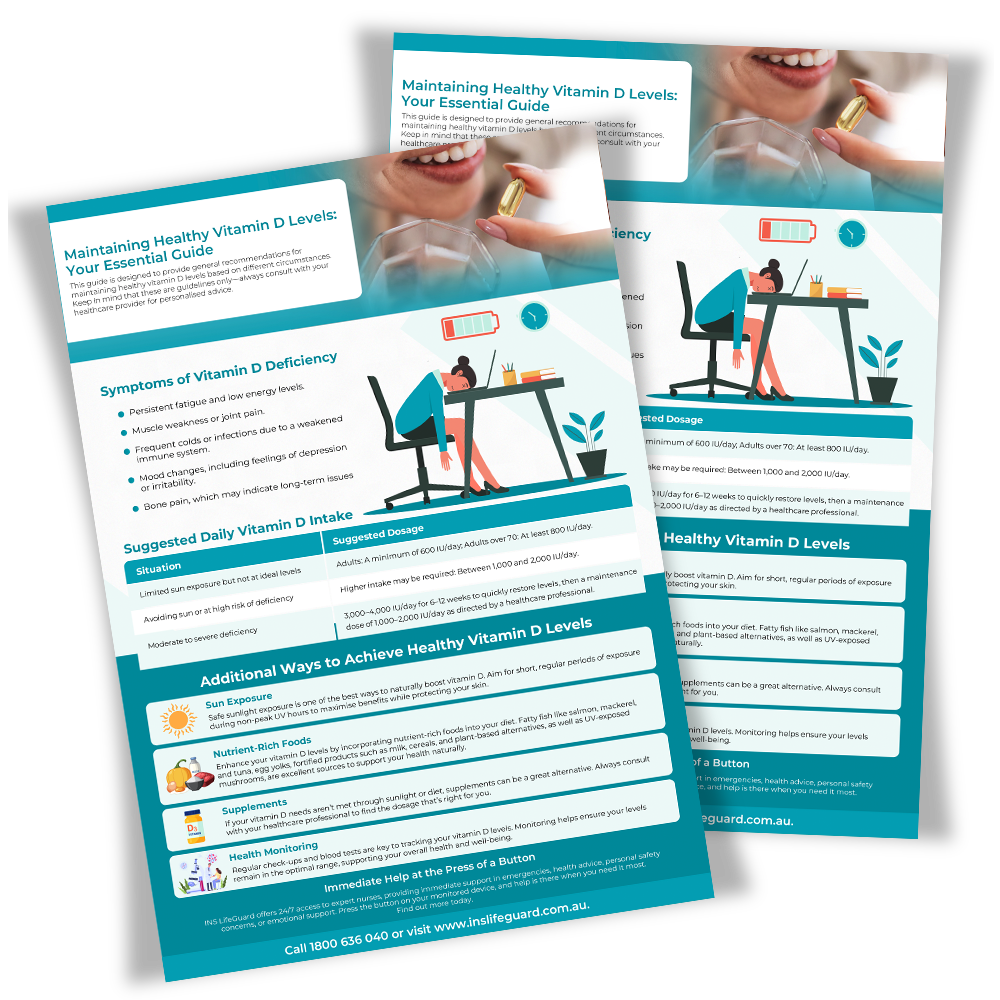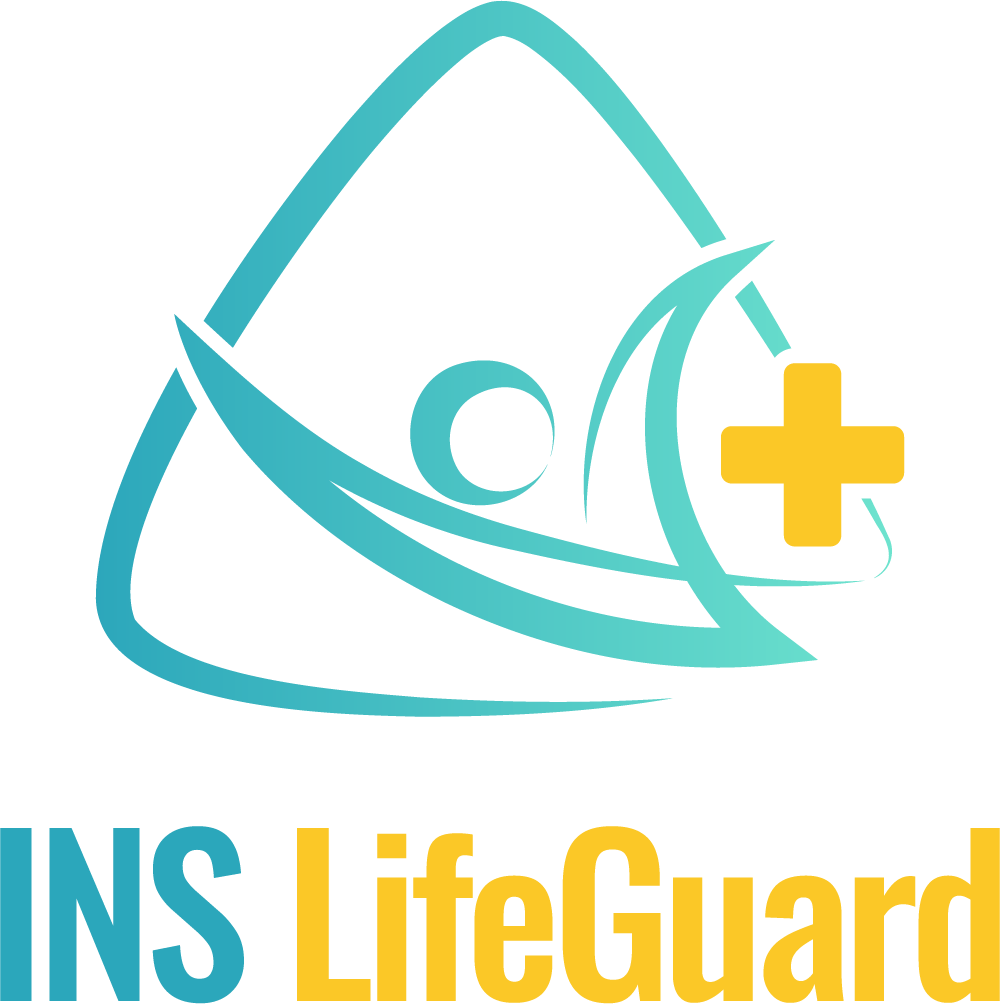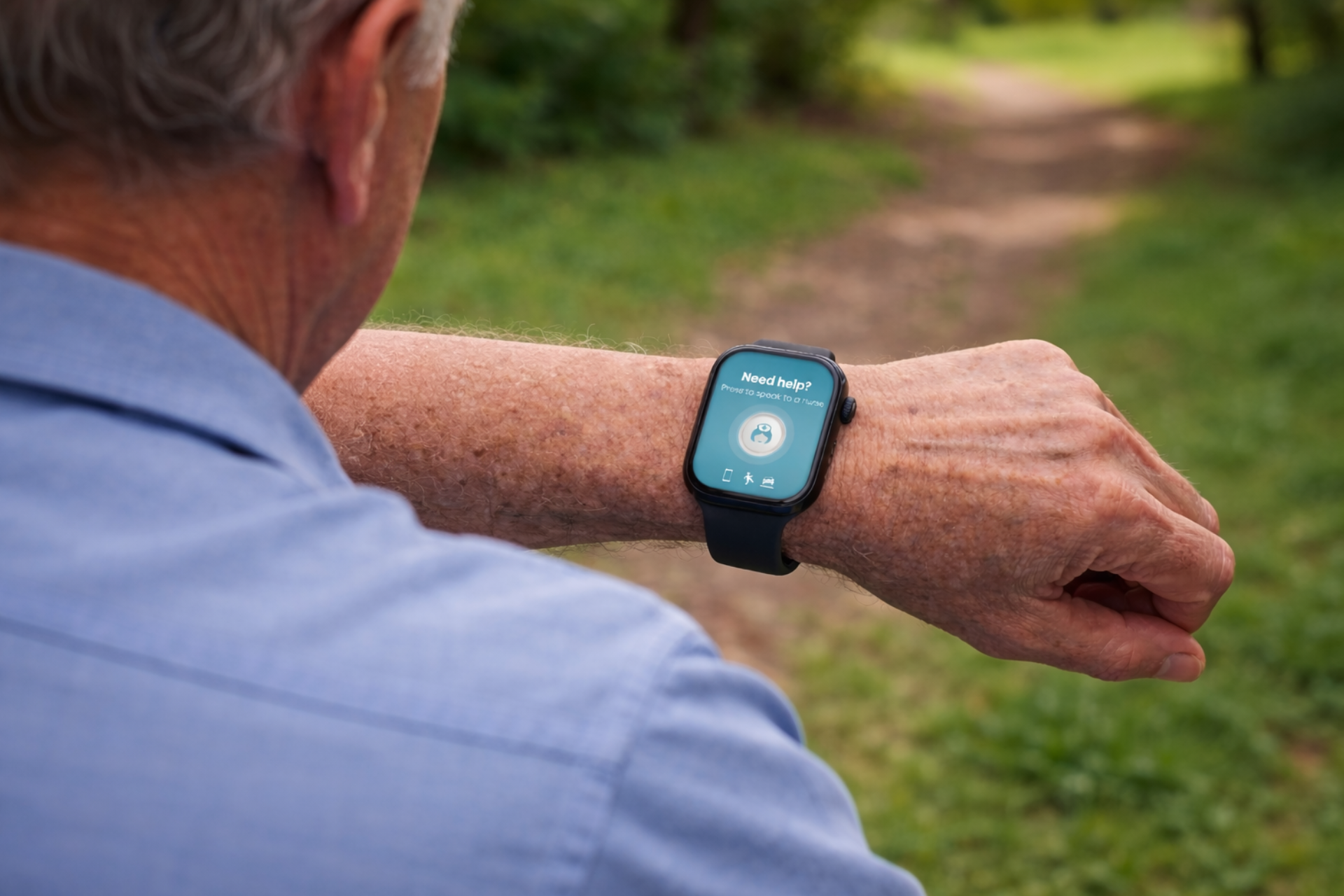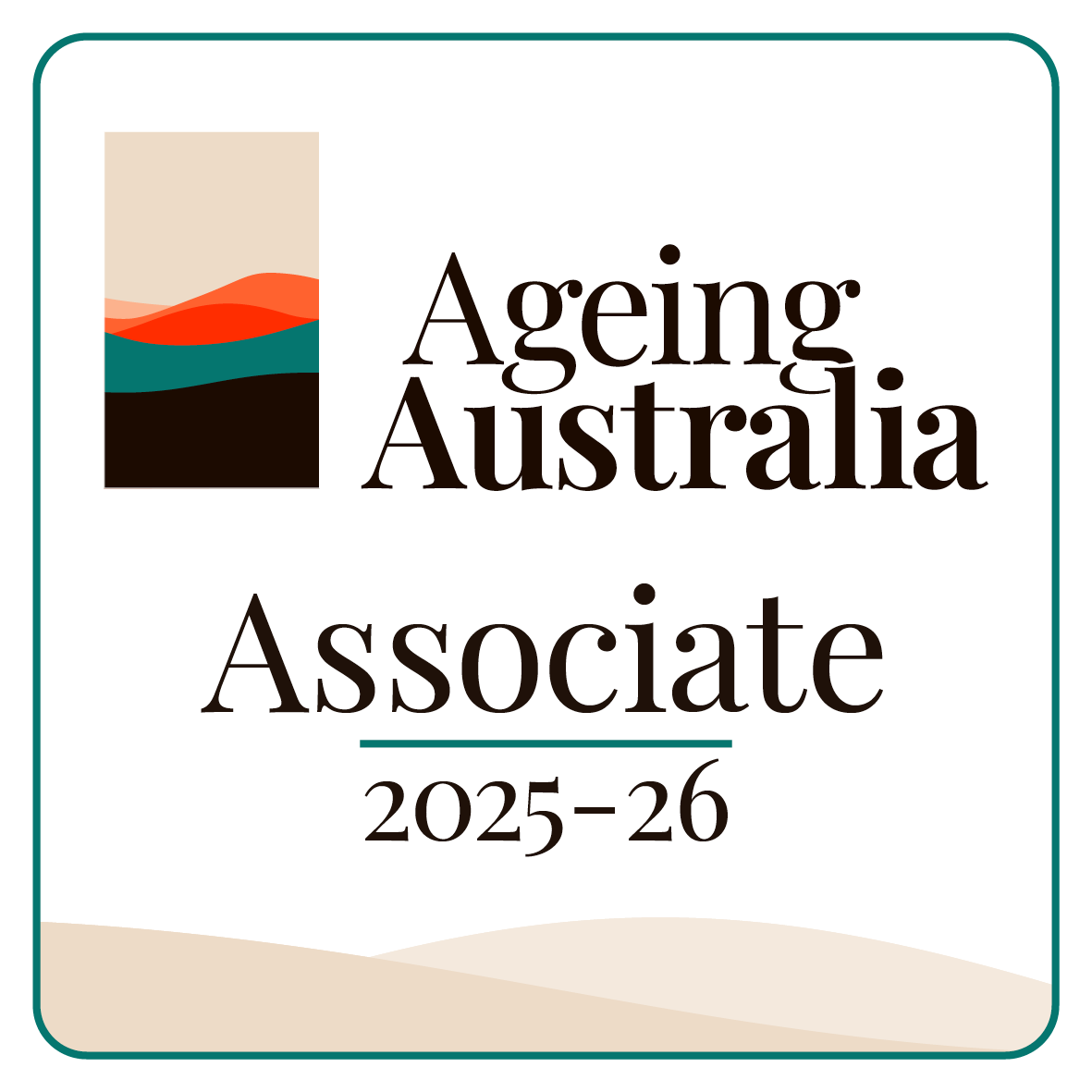Have a Question?
Understanding Vitamin D Deficiency in Older Australians: Risks, Impacts, and Solutions

Vitamin D often called the "sunshine vitamin," is a vital nutrient that supports bone health, strengthens the immune system, and promotes overall well-being. However, a significant number of older Australians face vitamin D deficiencies, potentially leading to severe health complications.
This article explores the causes of vitamin D deficiency in older adults, its health impacts, and offers practical solutions for prevention and management.
The Role of Vitamin D in Health
Vitamin D is crucial for the body to absorb calcium and maintain healthy bones. Beyond this, it enhances immune function, aids muscle strength, and helps reduce inflammation. A deficiency in vitamin D can contribute to health challenges.
How Common is Vitamin D Deficiency Australia
The National Health Measures Survey (NHMS) revealed interesting trends in vitamin D deficiency across different age groups. Younger adults, particularly those aged 18–34, were more likely to experience vitamin D deficiency, with rates reaching 31%. In contrast, older adults showed lower deficiency rates, with 15% among those aged 65–74. However, the deficiency prevalence increased slightly to 20% in individuals aged 75 and older. This pattern aligns with the observation that older adults are more likely to use vitamin D supplements, which may help mitigate deficiency risks in this group.
Why Older Adults are More Susceptible
Older adults face unique challenges that increase their risk of vitamin D deficiency. These challenges stem from biological changes, lifestyle adjustments, and underlying health conditions that become more common with age.
Reduced Sun Exposure
The sun is the primary source of vitamin D. Older adults often spend less time outdoors due to mobility challenges, concerns about skin cancer, or other health-related factors.
Ageing Skin
As people age, their skin becomes less efficient at synthesising vitamin D from sunlight. This natural decline makes it harder to maintain adequate levels.
Inadequate Diet
Foods like fatty fish, eggs, and fortified dairy products contain vitamin D, but many seniors do not consume these regularly in sufficient quantities.
Medical Conditions
Chronic illnesses, such as kidney disease or gastrointestinal disorders, can hinder the body’s ability to absorb or metabolise vitamin D effectively.
The Health Impacts of Vitamin D Deficiency
Vitamin D deficiency can lead to a range of health issues, particularly in older adults, whose bodies and lifestyles are already vulnerable.
Bone Weakness and Fractures
A lack of vitamin D reduces calcium absorption, weakening bones and increasing the risk of osteoporosis and fractures. Hip and spinal fractures, in particular, can significantly impact mobility and overall health.
Muscle Weakness and Falls
Vitamin D supports muscle function. Deficiency increases the likelihood of falls and related injuries, a serious concern for older adults.
Weakened Immune Function
Low vitamin D levels are associated with higher susceptibility to infections, such as respiratory illnesses.
Mental and Cognitive Health
Emerging studies suggest links between vitamin D deficiency and mood disorders like depression, as well as cognitive decline.
Prevention and Management
Fortunately, vitamin D deficiency is preventable and manageable with simple, actionable strategies. By embracing these measures, seniors can safeguard their health, reduce risks, and maintain their independence and quality of life.
Safe Sun Exposure
Encourage short, regular periods of sun exposure, particularly in the early morning or late afternoon when UV levels are lower.
Enhance Dietary Intake
Include more vitamin D-rich foods in daily meals, such as salmon, mackerel, fortified dairy products, and egg yolks.
Supplements
When natural sources are insufficient, vitamin D supplements can help. Always consult a healthcare provider to determine the right dosage.
Routine Health Checks
Regular testing for vitamin D levels can detect deficiencies early, enabling timely intervention.
Your Guide to Healthy Vitamin D Levels
Our free resource explains the daily intake requirements based on individual circumstances, from general maintenance to addressing moderate or severe deficiencies. Download it today to equip yourself with practical advice for improving your vitamin D levels and achieving better health.

Your 24/7 Emergency Response Centre for Health and Safety
INS LifeGuard delivers innovative monitored personal alarms and telehealth solutions to manage health concerns and proactively support individuals with chronic conditions.
Our services include a 24/7 Nurse on call, health monitoring, telehealth consultations, and direct access to a dedicated team of healthcare professionals, ensuring you receive immediate support when it matters most.
If you or a loved one are concerned about vitamin D levels or other health issues, consult a healthcare professional for personalised advice. Small, proactive steps today can lead to healthier, happier lives.

About
INS LifeGuard is the only 24/7 nurse on-call personal and medical monitoring in Australia. We provide monitoring technology for both in the home and on the go and can also monitor other provider's equipment. Our services are suitable for anyone wanting support to stay independent such as the elderly, those with medical conditions and disabilities plus enhancing safety and security for lone workers.

















